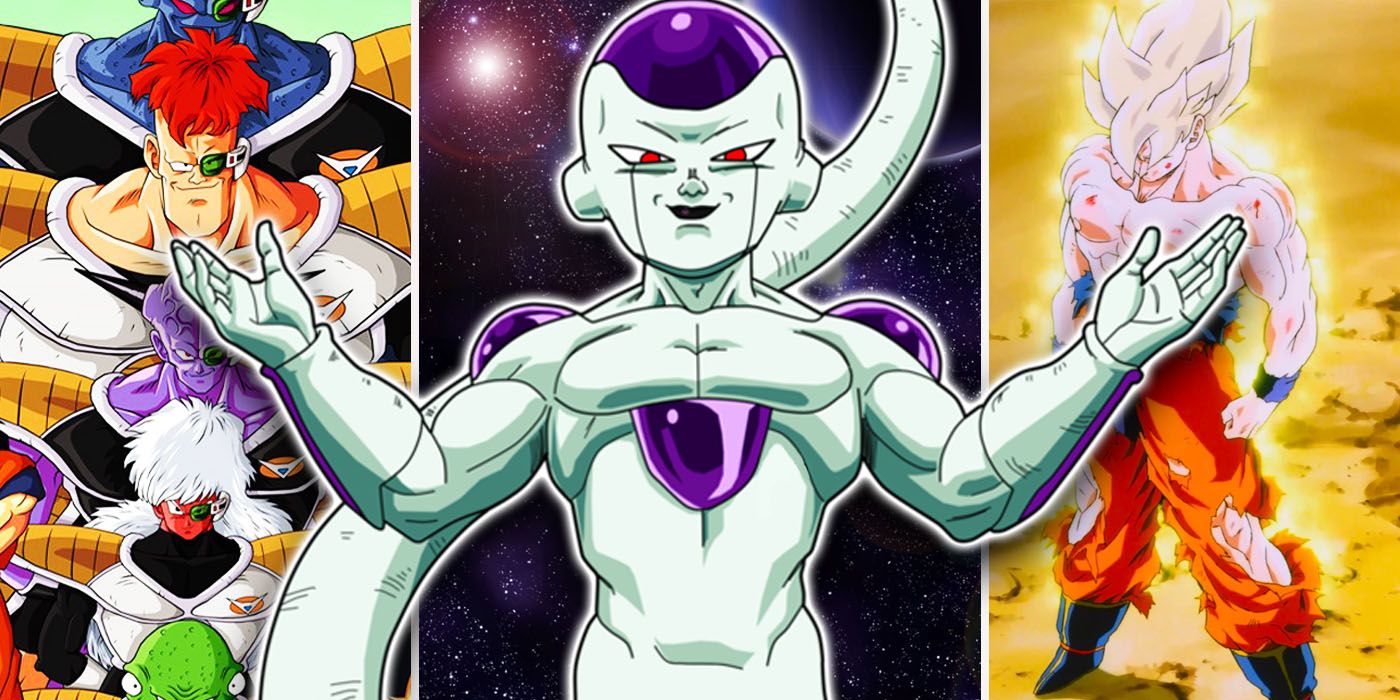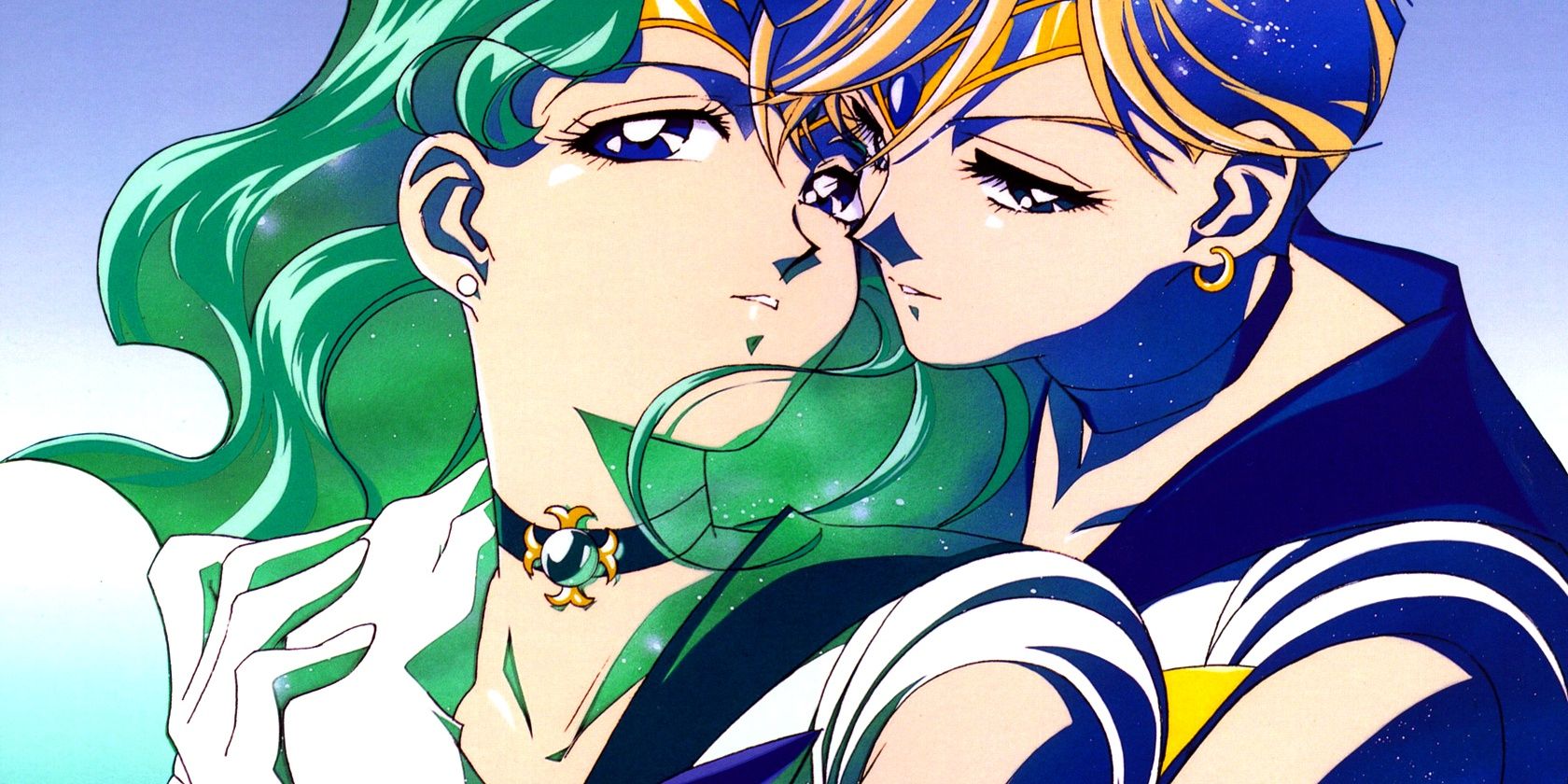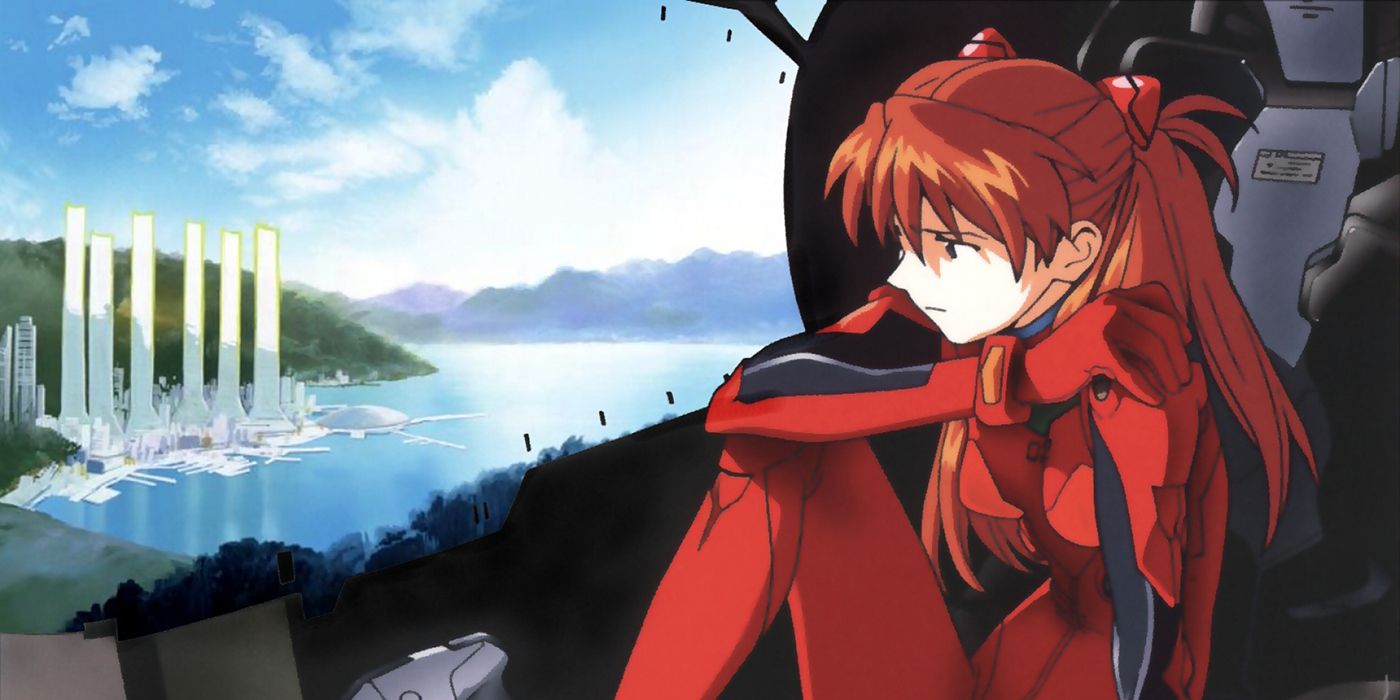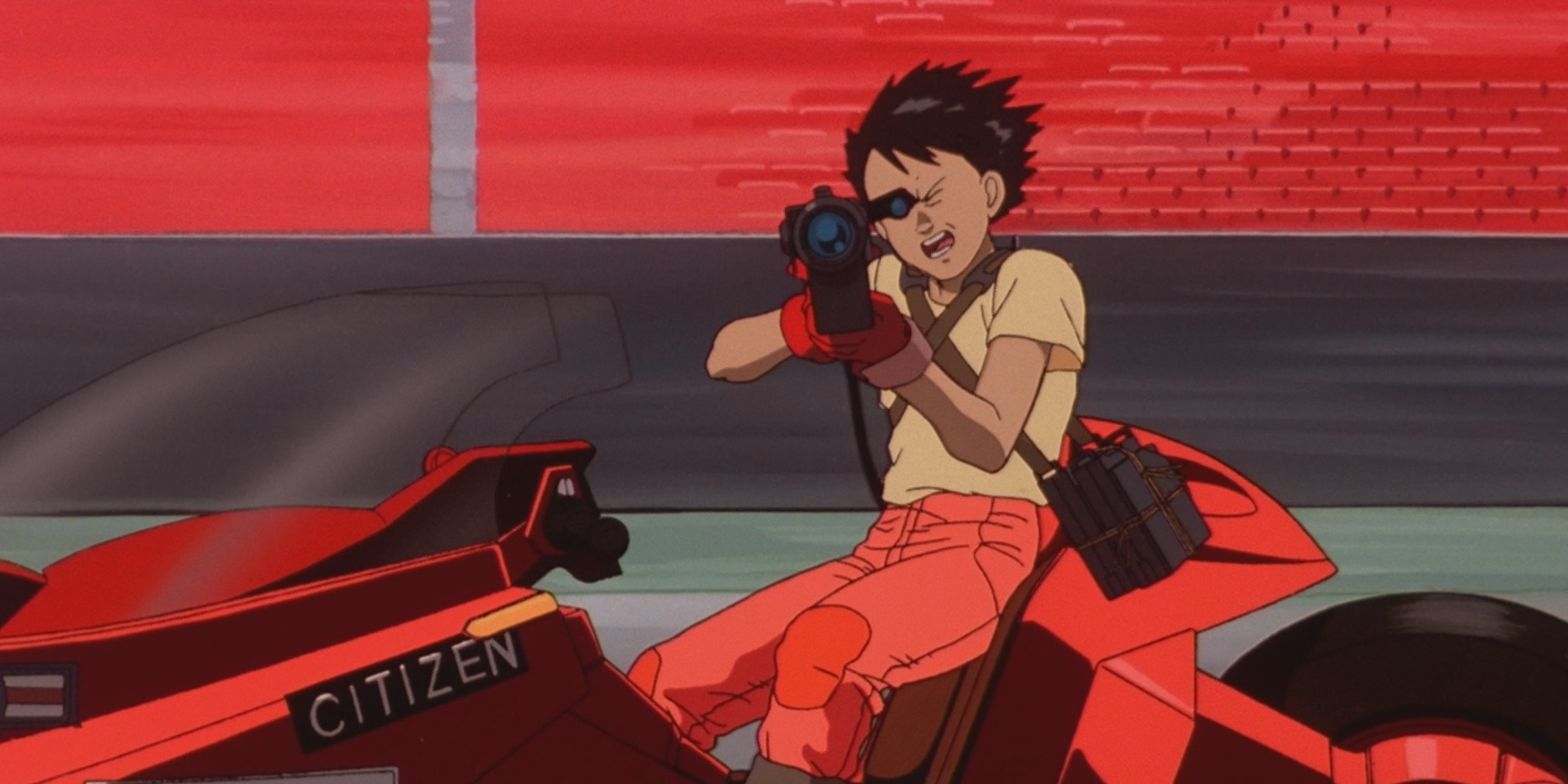It was recently announced that Netflix will be redubbing Neon Genesis Evangelion ahead of its re-release on the streaming service. Not one of the original dub actors were asked to reprise their roles, despite the fact that many of them returned for the Rebuild of Evangelion film series. For many longtime fans, Evangelion's original English language dub is ingrained in their memories, as are several other anime dubs: 4Kid's Pokemon and Yu-Gi-Oh! dubs, Cowboy Bebop, Dragon Ball Z, Yu Yu Hakusho, Hellsing, Fullmetal Alchemist: Brotherhood.
What happens, however, when dub actors are recast? What changes? Does anything change? Do anime dubs influence an anime's narrative?
RECASTS HAPPEN
Recasts happen all the time. We have had several live-action versions of Batman, Superman and James Bond. Seemingly every actor in Britain has played Hamlet, Macbeth and/or King Lear. Fundamentally, the same thing applies to anime dubs, too.
There are many reasons recasts occur. A different dubbing studio might buy the rights to distribute an anime but doesn't buy the previous dub. Other times, a dub's script might be unfaithful to the original Japanese. Sometimes, the studio thinks they can do a better acting job.
One anime that has been redubbed multiple times over the years is Sailor Moon. Sailor Moon had no less than three English dubs: the DiC dub, the Cloverway dub and the Viz dub. While a couple of dubs did reuse voice actors, not one of these dubs used the exact same cast. The main character, Usagi, has been dubbed by Tracey Moore, Linda Ballantyne, Jennifer Chihi, Terri Hawkes and, most recently, Stephanie Sheh. All of them gave distinct performances.
Another anime with multiple dubs is Dragon Ball Z. While the Funimation dub is the most well-known English language dub, there is also the Ocean dub. Now, what's interesting here is that the Funimation dub used Ocean actors in it. Most notably, in Dragon Ball Super, the Ocean actor for Vegeta, Brian Dummond, voiced a clone of Vegeta.
Sometimes recasts happen because of unforeseen circumstances. One noteworthy example happened in the anime, Excel Saga. Jessica Calvello was replaced 13 episodes in by Larissa Wolcott because playing the hyper-manic Excel permanently damaged Calvello's vocal cords.
But, so what? What do dub actors really bring to a dub? If, hypothetically, someone redubbed Fullmetal Alchemist and replaced Vic Mignogna, would anyone care if Edward Elric sounded different? Or would the character be fundamentally different?
After all, the original Japanese audio would still be intact, and, for fans who prefer the subtitled version, nothing would change. Do dub voice actors add anything to an anime?
WHAT DUB ACTORS ADD
A dub actor can bring anything any other actor can bring to any acting role. Their performance can influence how audiences see a character in a subtle or drastic way.
Let's return to Neon Genesis Evangelion for a second. The dub for Evangelion was done in an era where dub translators weren't 100% faithful. Dragon Ball Z's Ocean dub changed numerous things from the Japanese to English script, such as Bardock being a famous scientist and humans having the ability to regrow limbs. Sailor Moon's older dubs removed all LGBTQ content.
Now, in Evangelion, the character of Asuka Langley Soryu is half-German and lived in Germany. In the Japanese language version, she only speaks Japanese, save for a couple of scenes here and there. In the ADV dub of the series, however, Asuka speaks in German a lot. The reason for this? The Japanese voice actress for Asuka, Yuko Miyamura, can't speak German. But, Tiffany Grant, her English voice actor, can.
For comparison, here is Miyamura's German.
This is the same scene, only with Grant voicing Asuka.
This one difference fundamentally altered the entire character, turning a character we are only told is bilingual into someone who is overtly bilingual.
Similarly, in Sailor Moon's DiC and Cloverway dubs, the cat Luna is voiced by Jill Frappier, who plays Luna like an older maid. This establishes Luna as a very proper, mature character. It elevates her in many ways above the more casual-speaking human characters. However, this is a far cry from the original Japanese voice actor and the Viz dub's interpretation. Both Keiko Han and Michelle Ruff voice her as more human and irritable, which makes her feel more grounded and real as a character, with more dimensions than the more authoritative version from the earlier dubs.
But, the most well-known anime dub recast has to be in the Funimation dub for Dragon Ball Z and Dragon Ball Z Kai, when Frieza's original voice actress, Linda Young, was replaced by Chris Ayres (and later Damon Mills). Young and Ayres's performances are so memorable that hearing the same lines read by each of them leaves the viewer with the impression they've been introduced to completely different characters.
Regardless of what you prefer, these characters are made different as a direct result of different actors playing them.
IS IT OKAY TO RECAST?
Is it justifiable to recast for an anime? The answer is, of course, yes. Any role can be recast. Often, it can help offer a new interpretation of a familiar character. It is fascinating to hear the differences between Linda Young's Frieza and Chris Ayres's Frieza, as it is to hear the Ocean dub's Frieza, and so on.
RELATED: Trolls Want #AnimeGate to Be a Thing; It Won't Be
But, respect should be paid to the original. When Akira and The Vision of Escaflowne were redubbed, the home releases included the older dubs. The older dubs were given credit.
Recasts are fine. Just don't erase performances that add something memorable to a character. Or, as Asuka might put it: Add, don't erase, you dummkopf.




